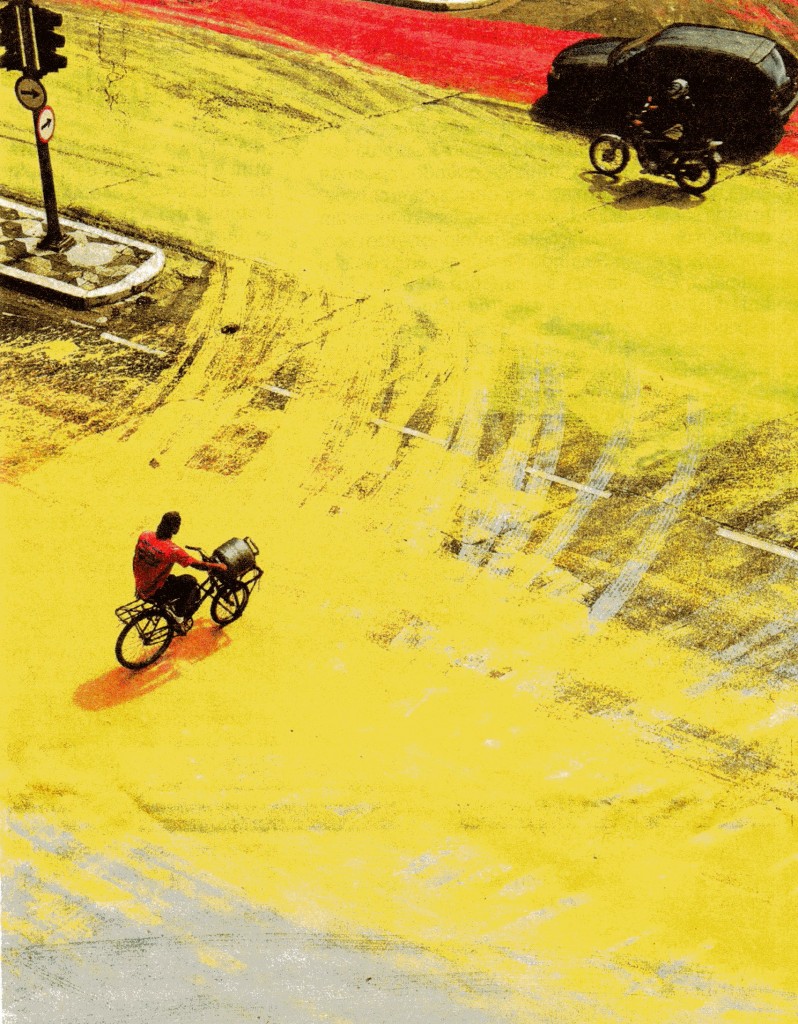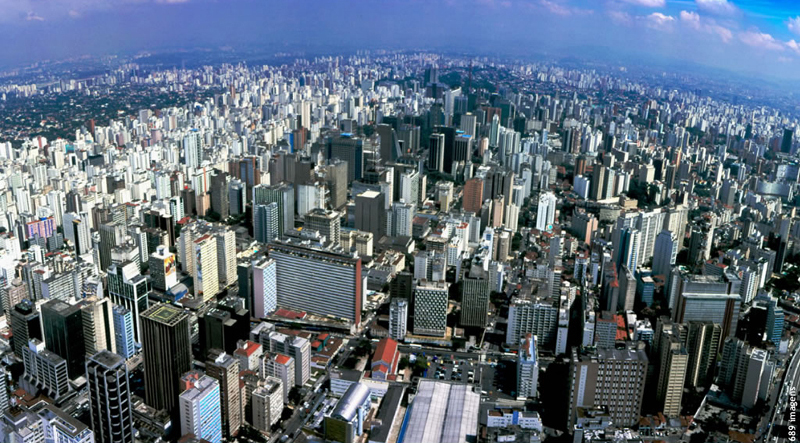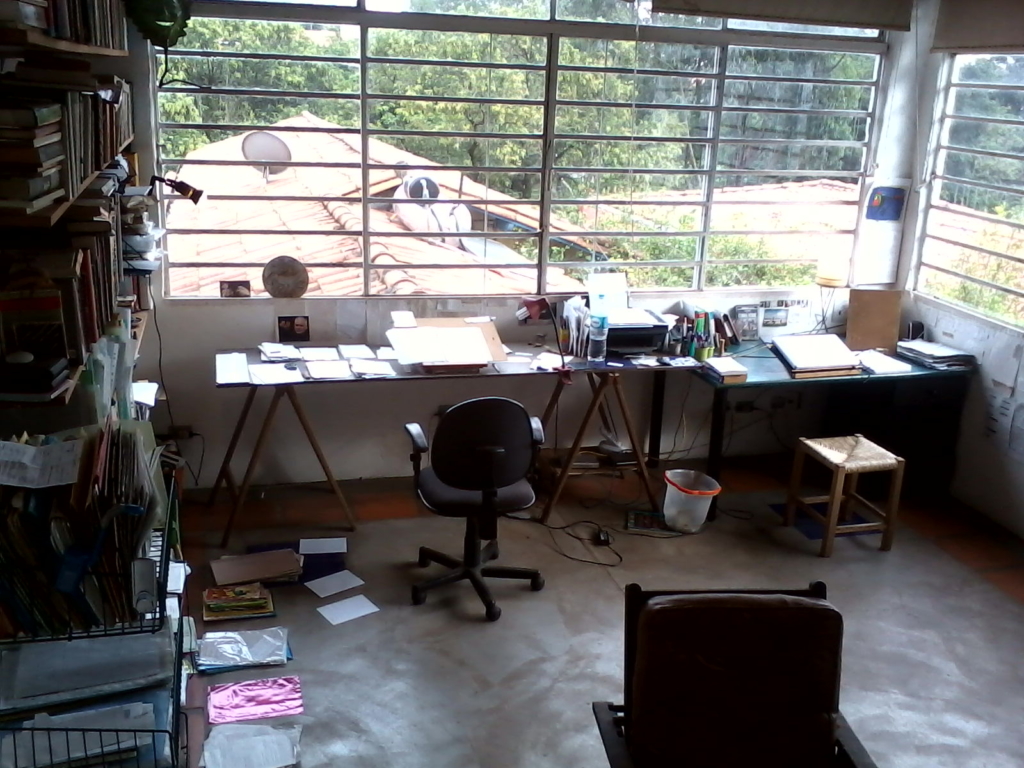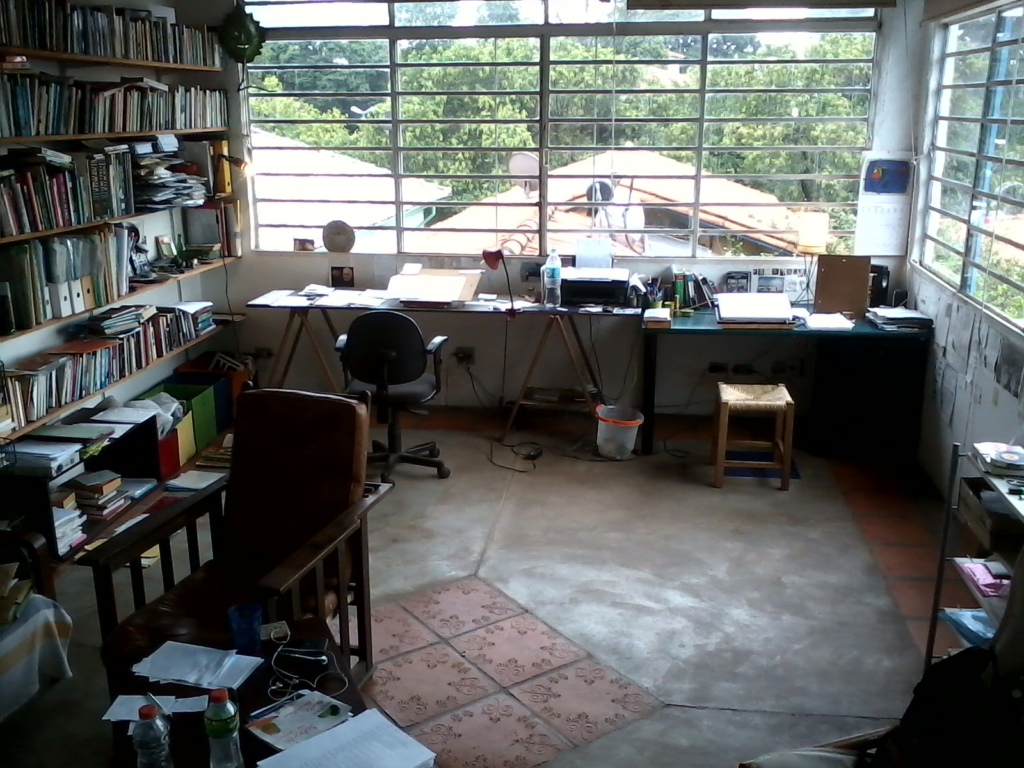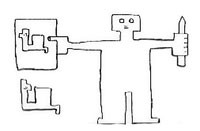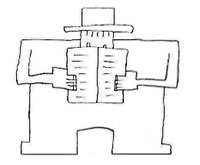I came across this comment about writing made by the British poet Simon Armitage: “There isn’t another human activity which combines stillness and silence with so much energy.”
Writing can come in scribbles and bursts and flashes. More often though, it happens in the sort of state of mind he describes – a kind of deep and still thoughtfulness which, I suppose, comes close to being meditation. You find your way down into valleys of the imagination. And it’s colourful down there…full of wonders, dramas and possibilities. That’s the energy Simon Armitage points to. It may be meditation, but it’s dynamic and exciting!
And how do you get down there?
I might start by reading some (or all) of what I’m working on.
I might ask myself what’s going to happen next in a story. And the question may lead to further questions. Or it may lead to an answer. And the answer may lead to further answers. (Or, just as likely, to further questions!)
I might start by concentrating on something completely different, and then find that ideas about what I’m writing come, sideways, into my mind.
However you get there, it takes time. The imagination doesn’t just get going at the flick of a switch. There’s some sort of a journey to be taken.
That’s why it’s good to have a decent block of time to do writing in.
I find a couple of hours is good. Three hours better. Four hours better still.
An hour and a half is a bare minimum. If I’ve got that, or less, I may not manage to get going at all. Or I may make the journey, and get started all right…but then have to hurry back before I’ve done what I could have. (This last scenario usually leaves me in a frustrated, half-thinking-about-a-story-and-half-trying-to-do-something-else sort of state of mind which is pretty unbearable…especially for people around me!)
How you find good-sized blocks of time for writing is down to how you organise your life. Different people will manage it in different ways. But here are a couple of things that work for me.
I like getting started early. For years I’ve been getting to my desk some time between 6.30 and 7.00 in the morning. And there are a lot of things I like about that. The world outside is about as quiet as it gets. The phone doesn’t ring. Your body is rested. And your mind’s in an interesting, open sort of place…having just come back from some dreaming.
And, whether I’m working on my computer or not, I keep the Internet switched off until 11.00am. Checking messages and letting in the news of the day eats at the time you have. (In fact, it seems to me that writing on a computer with web pages open in the background isn’t so different to writing with a television on behind you.)
Each day is its own. I’m a bit amazed by those ‘How I Write’ articles, where some authors make it sound as if they write the same amount in the same way, day after day. It rarely works like that for me. I’m not invariably up at dawn. Nor do I always keep the Internet unplugged until the end of the morning.
But when I manage those things, it gives me the kind of writing time that I like. And I get more written.


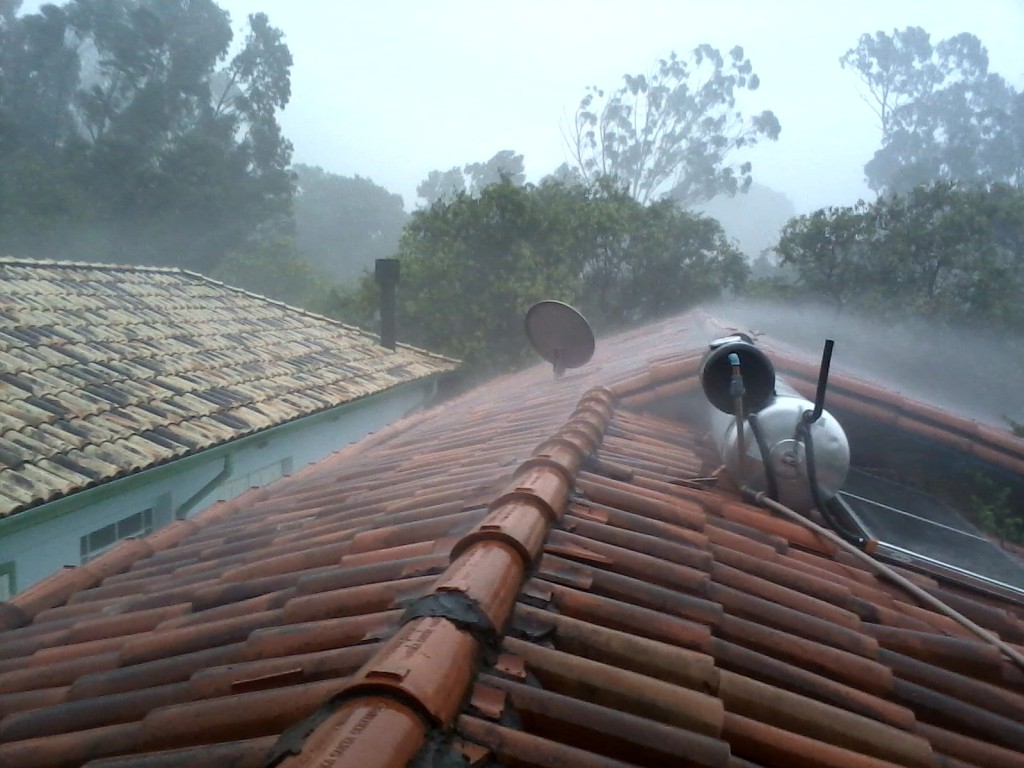
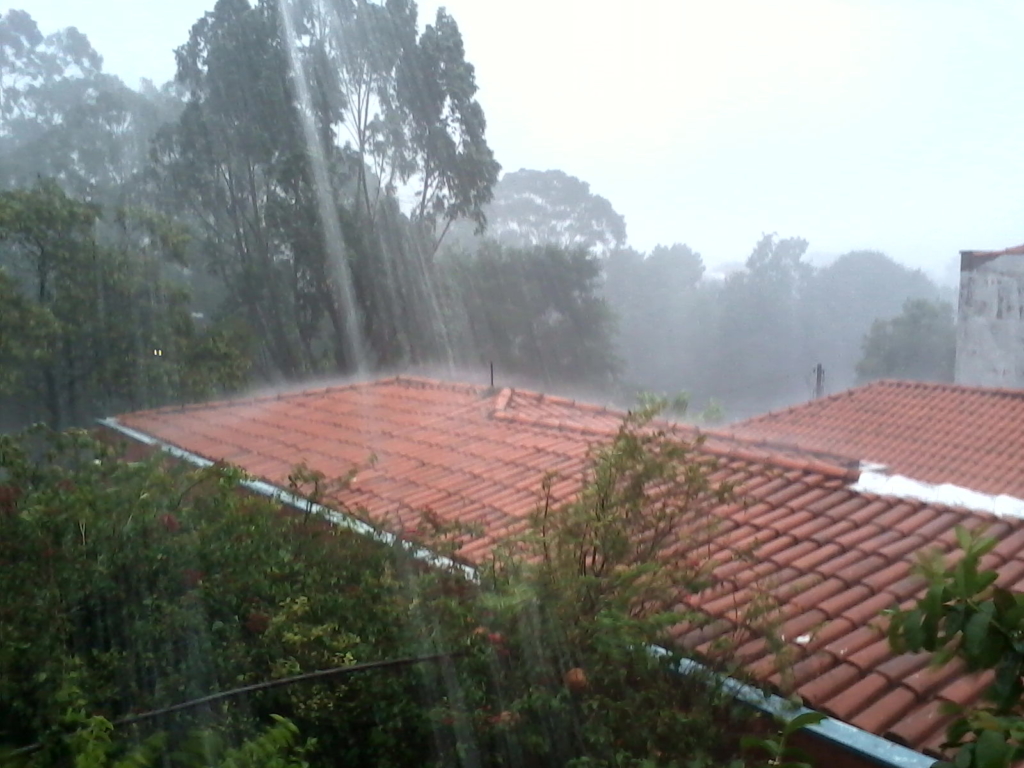
![A Waste of Good Paper plan [1]](https://www.seantaylorstories.com/wp-content/uploads/2012/05/A-Waste-of-Good-Paper-plan-11-218x300.jpg)
![A Waste of Good Paper plan [2]](https://www.seantaylorstories.com/wp-content/uploads/2012/05/A-Waste-of-Good-Paper-plan-21-218x300.jpg)
